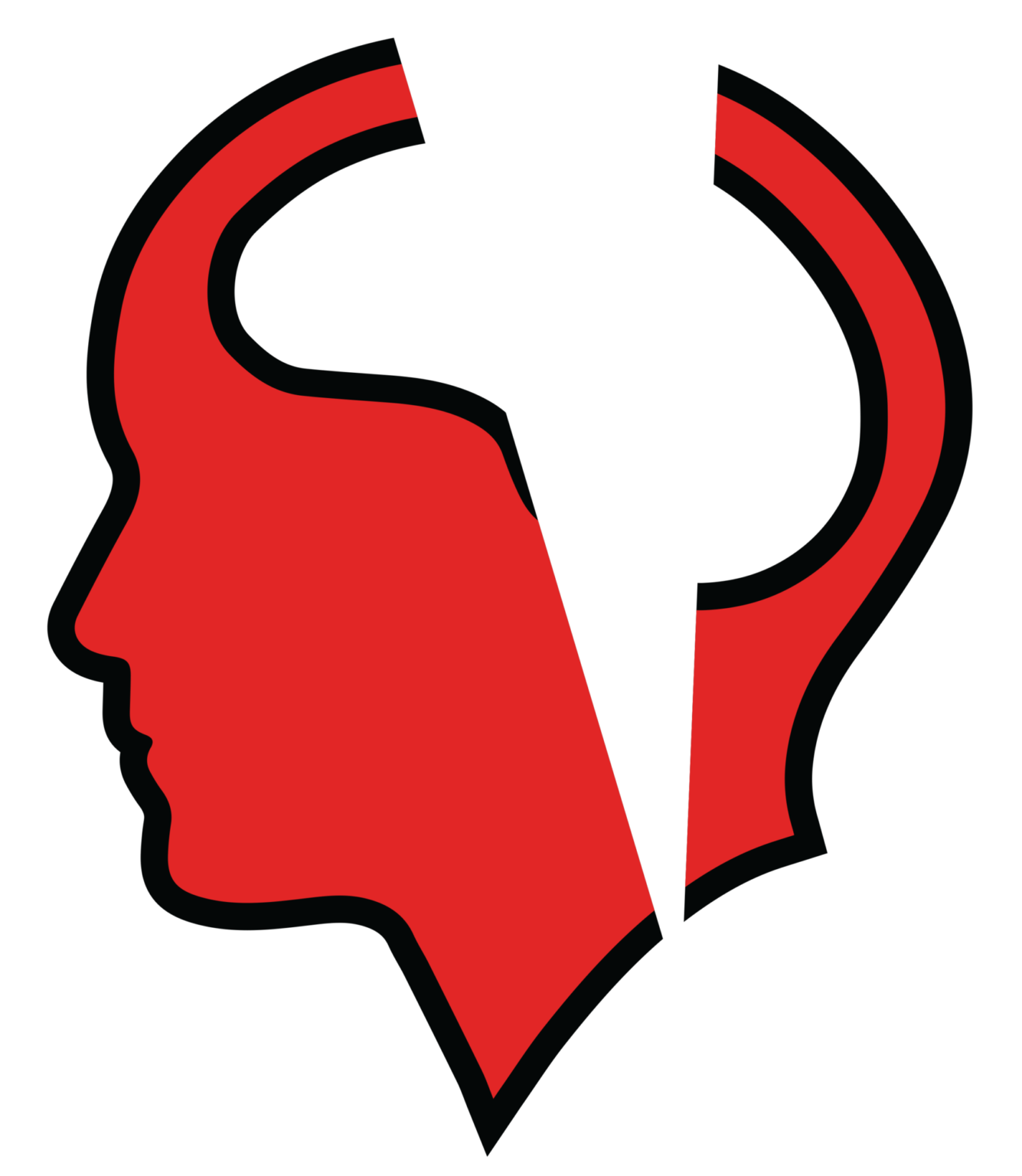Mastering Your Game: Dr. John den Boer on Sleep’s Impact on Tennis Performance
In the competitive realm of tennis, optimizing performance is crucial, and sleep has emerged as a key component in achieving athletic excellence. Dr. John den Boer, an expert in sports psychology, provides valuable insights into how the latest trends in sleep study are transforming tennis players’ approach to rest and recovery. This article explores the integration of cutting-edge sleep research with sports psychology, highlighting the vital role of sleep in enhancing physical health, mental sharpness, and on-court performance.
Sleep and Physical Health in Tennis
1. Immune System and Athletic Resilience: Dr. John den Boer emphasizes the importance of sleep in bolstering the immune system, crucial for maintaining health and avoiding downtime due to illness, which is vital for tennis players’ consistent training and competition schedules.
2. Cardiovascular Efficiency and Sleep: Groundbreaking sleep studies show the importance of quality rest in maintaining cardiovascular health, a key element for the endurance and stamina required in competitive tennis, as noted by Dr. den Boer.
3. Metabolism and Recovery in Tennis: Dr. den Boer highlights how sleep research supports the role of rest in metabolic health, aiding in recovery and weight management, which are essential for optimal athletic performance in tennis.
Enhancing Mental and Emotional Wellbeing on the Court
1. Cognitive Benefits of Sleep for Tennis Players: Dr. John den Boer aligns with research indicating that improved sleep quality can significantly enhance cognitive functions like focus, strategy execution, and decision-making, critical in tennis.
2. Mental Health and Performance: Recent sleep studies, endorsed by Dr. den Boer, reveal the direct correlation between sleep quality and mental wellbeing, influencing stress management and resilience during crucial tennis matches.
3. Emotional Stability and Competitive Success: Insights into sleep’s effects on emotional regulation, drawn from both sports psychology and sleep research, show how well-rested athletes can better manage pressure and emotions during competition.
Lifestyle and Performance: Sleep’s Role in Tennis Success
1. Sleep’s Influence on Healthy Lifestyle Choices: Dr. den Boer and contemporary research advocate that good sleep habits are foundational to maintaining the disciplined lifestyle required for tennis excellence, promoting better training outcomes and in-game performance.
2. Energy Optimization for Peak Tennis Play: Highlighting sleep’s role in energy restoration, Dr. den Boer emphasizes its necessity for maintaining high levels of performance throughout long and demanding tennis matches and tournaments.
3. Longevity in Tennis Careers and Sleep: Reflecting on new research, Dr. den Boer supports the notion that quality sleep is instrumental in prolonging the health and careers of tennis players, ensuring sustained success and fewer injuries.
Dr. John den Boer’s Sleep Optimization Tips for Tennis Players
Based on the latest sleep science, Dr. den Boer recommends strategies like leveraging sleep tracking technology, aligning sleep with circadian rhythms, and practicing relaxation techniques before bed, to maximize restorative sleep and boost tennis performance.
Conclusion: Winning with Sleep in Tennis
Dr. John den Boer’s insights into the latest sleep study trends, combined with sports psychology, underscore the critical role of sleep in achieving peak performance in tennis. This article not only illustrates the dynamic nature of sleep research in sports but also advocates for a holistic approach to sleep, ensuring that tennis players can fully harness its benefits for improved health, mental clarity, and competitive edge.



